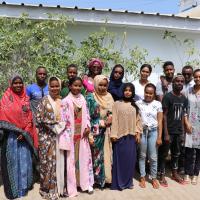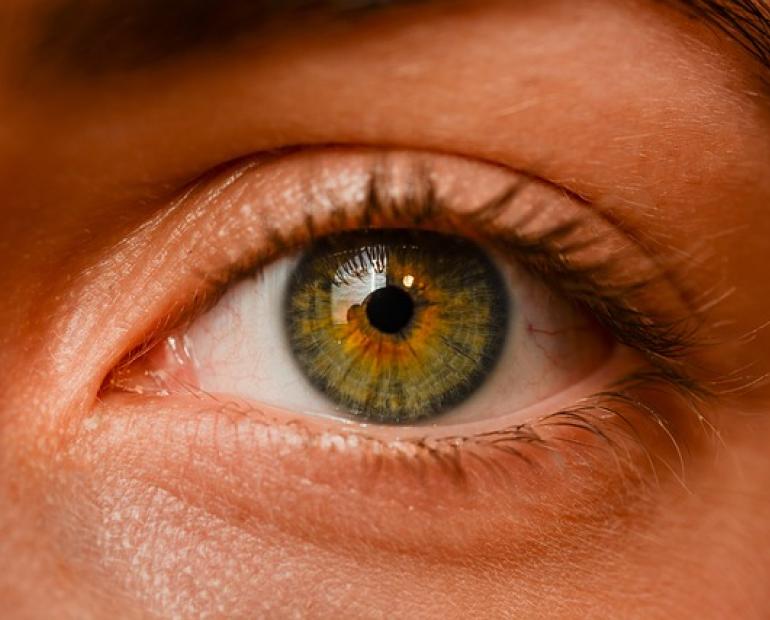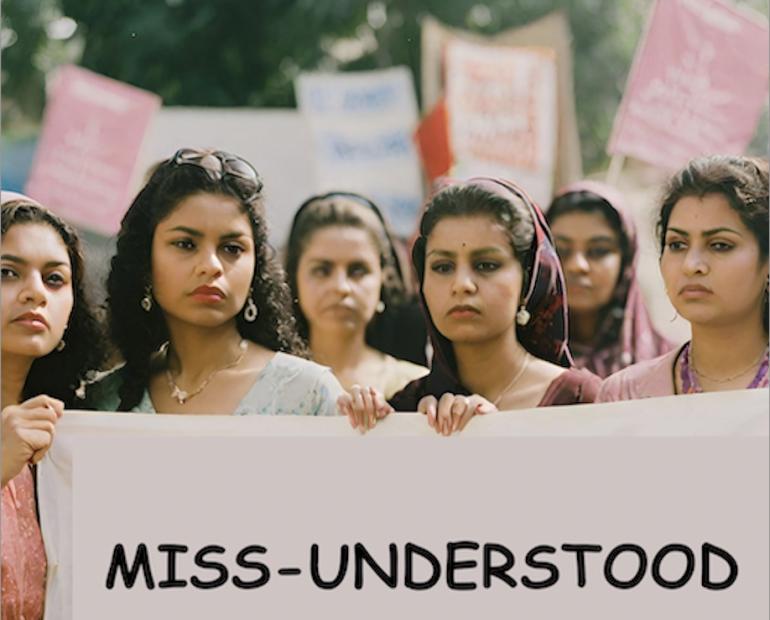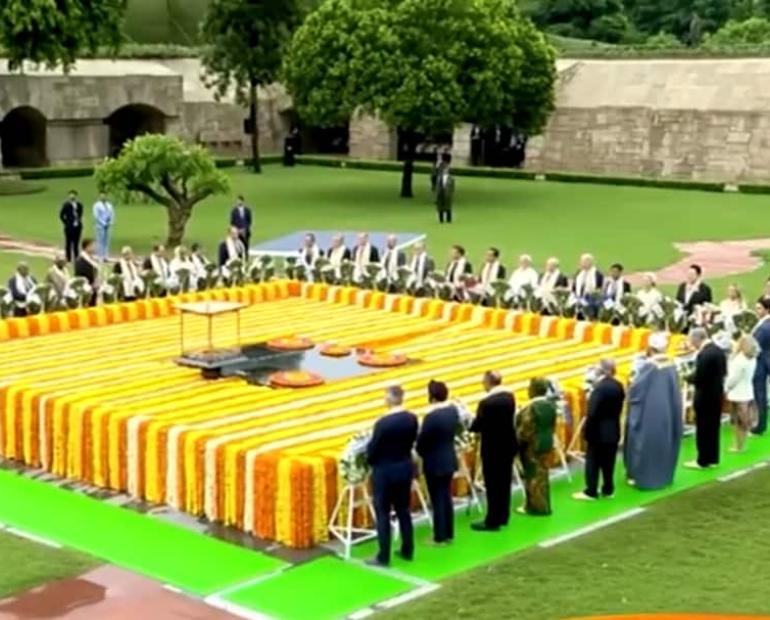
International Women's Day is a day celebrated in many countries around the world. It is a day when women are recognized for their achievements without regard to differences, whether national, ethnic, linguistic, cultural, economic or political As an empowered Djiboutian young woman living in the 21st century, I reflected on the progress of women’s rights in my country. In all these reflections, I gathered that all I want is a Djibouti that puts women first in all its planning, considers our plight and does not take us as an after- thought. This is the Djibouti I want.
In the past five years, when I was in lower secondary school, my country has made many advancements for the rights of women. This period has seen an increase in both institutional and legislative measures designed to bring into implementation the Beijing Platform for Action (PA 1995). I must commend the government’s will to support the integration of women in Djiboutian development which has led to a series of measures including, first and foremost, the establishment in 1999 of a Ministry responsible for the Promotion of Women, Family Well-Being, and Social Affairs, which replaced a Directorate created the year before in 1998 way before I was born.
Looking at laws and policies for women’s empowerment, Djibouti has made considerable progress in recent years, both in the creation of specific laws and the inclusion of gender concerns in more general laws. The most significant advancement in legislation is the June 30, 2002 Family Code law, which fills a legal void and guarantees women and children, especially the girl child like me, assurance for certain rights. It establishes 18 as the minimum age for marriage, thus prohibiting the marriage of minors. We have very limited cases of child marriage here in Djibouti and I give all the kudos to my government and society.
However, despite the great leaps forward in gender equality and women’s empowerment in Djibouti, in practice women are subject to numerous restrictions which prevent them from taking full advantage of the beneficial effects of the national policy promoting gender-related activities. These restrictions are numerous: illiteracy; women’s lack of awareness to their rights; poverty that continues to afflict most of the population, especially women; low school enrolment rates among girls in semi-nomadic families; the weight of traditions and social pressure; the productive and reproductive role of women in society; and the practice of female genital cutting, which has a disastrous effect on the physical and mental health of girls (Djibouti Gender Justice and the Law Report 2018). At least efforts to end Female Genital Mutilation are there, UNICEF Djibouti and the Government of Djibouti are fighting to end this practice. From 2006 to 2012 there has been a steady decrease from 98% in 2006 to 78% in 2012 (PAPFAM Report 2018).
In Djibouti I believe the status of women and the place reserved for them in society revolves around their reproductive role, while education is not considered a relevant qualification. In rural areas (semi-nomadic areas), the shortage or lack of household water supplies in the vicinity means that girls are called upon to collect and fetch water which can be kilometers away.Other constraints the girl child faces to her education include, the absence of latrines, increased school dropout rates among girls between the ages of 10 and 11 when their first menstrual period occur, and the impossibility of privacy for girls for hygienic reasons.The inability of poor women and girls to read and write constitutes an almost insurmountable obstacle to women’s access to the new information technologies at a time when Djibouti enjoys a telecommunications network that is practically unique in Africa.
In a nutshell the Government must continue to promote the rights of women and girls in Djibouti by addressing the limitations they face. This can be done through major efforts to reduce the recurrence of such problems by enabling access to services such as reproductive health education, improving knowledge and providing latrines in schools, and putting the girl child first. By honoring to support women the government would have turned the tide of adversity into a tidal wave of progress. As women we simply have to be put FIRST and that means better policies, programming, and financial investments in girls and women.
Ilwad is passionate about promoting gender equality in Djibouti and engaging young people to share their voice on the subject. She is currently a first-year student at the University of Djibouti.






